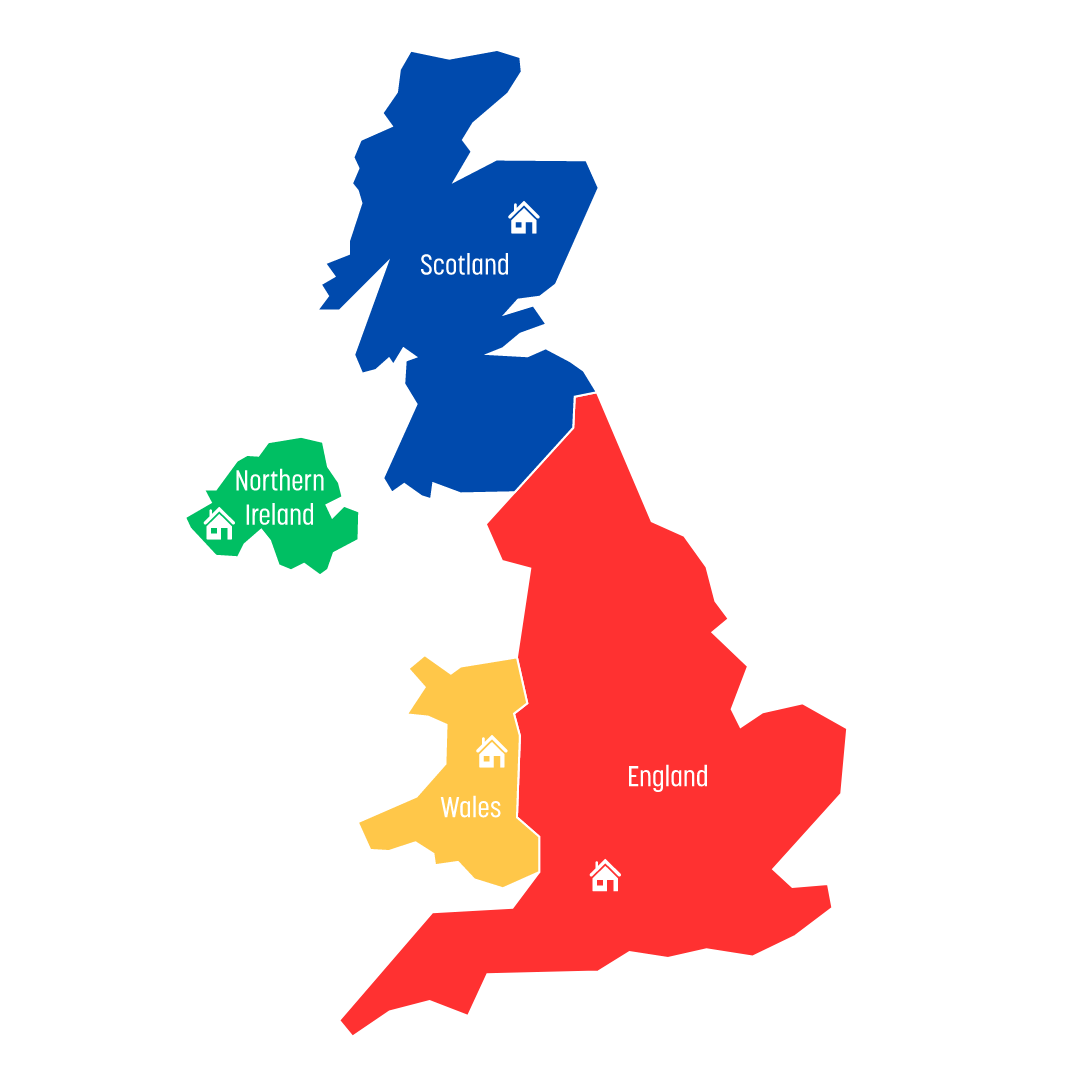Personal Savings Allowances in the UK: What You Need to Know
The Personal Savings Allowance (PSA) is a tax-free allowance that allows you to earn interest on your savings without paying any income tax. The amount of PSA you receive depends on your income tax band:
Basic rate taxpayers: £1,000 per year
Higher rate taxpayers: £500 per year
Additional rate taxpayers: £0 per year
If you earn more than your PSA in savings interest, you will need to pay income tax on the excess. The tax rate you pay will depend on your income tax band.
Why savers should be careful they don't breach any savings allowances
As the Bank of England base rate is expected to rise to 5.5%, savings rates are also expected to increase. This means that it is becoming easier to earn more than your PSA in savings interest.
If you breach your PSA, you will need to pay income tax on the excess interest. This could reduce your savings pot, especially if you are a higher or additional rate taxpayer.
Other personal savings allowances
In addition to the PSA, there are a number of other personal savings allowances that you may be eligible for. These include:
Starting rate for savings: This is a tax-free allowance for basic rate taxpayers who have low incomes. The amount of starting rate for savings you receive depends on your other income.
Interest on Child Trust Funds: Interest on Child Trust Funds is tax-free for the child until they reach the age of 18.
Interest on Junior ISAs: Interest on Junior ISAs is tax-free for the child until they reach the age of 18.
How to avoid breaching your savings allowances
There are a few things you can do to avoid breaching your savings allowances:
Check your savings rates: Regularly check your savings rates to make sure that you are earning the best possible interest rate on your savings. This will help you to avoid earning more interest than your PSA.
Spread your savings across different accounts: If you have a lot of savings, you may want to spread them across different accounts. This will help you to keep track of your savings interest and avoid breaching your PSA.
Consider using a savings ISA: Savings ISAs are a tax-efficient way to save money. Interest on savings ISAs is tax-free, regardless of your income tax band.
Conclusion
It is important to be aware of your personal savings allowances to avoid breaching them and paying unnecessary income tax on your savings interest. As the Bank of England base rate is expected to rise, it is becoming easier to earn more than your PSA in savings interest. If you have a lot of savings, you may want to consider using a savings ISA to avoid paying any income tax on your interest.



